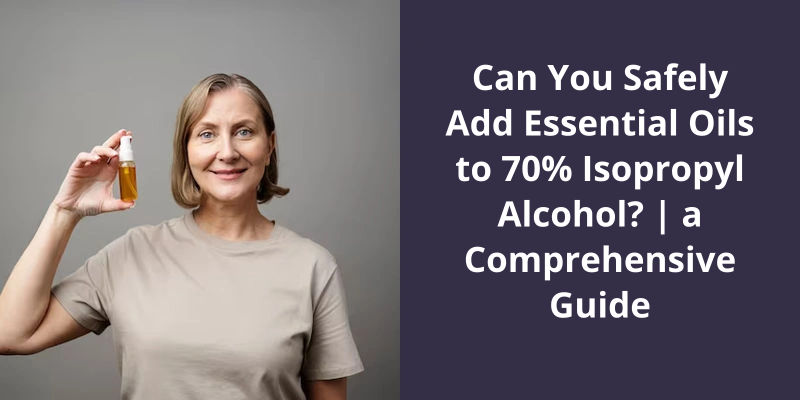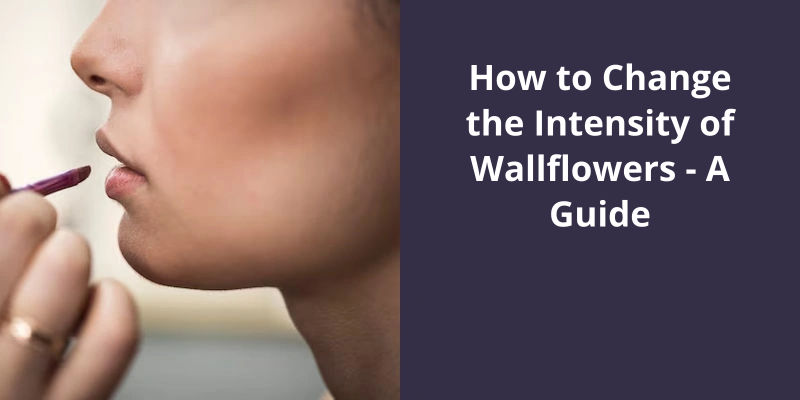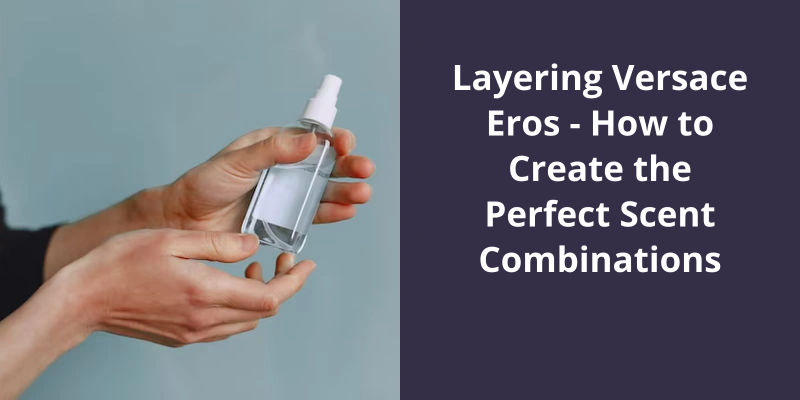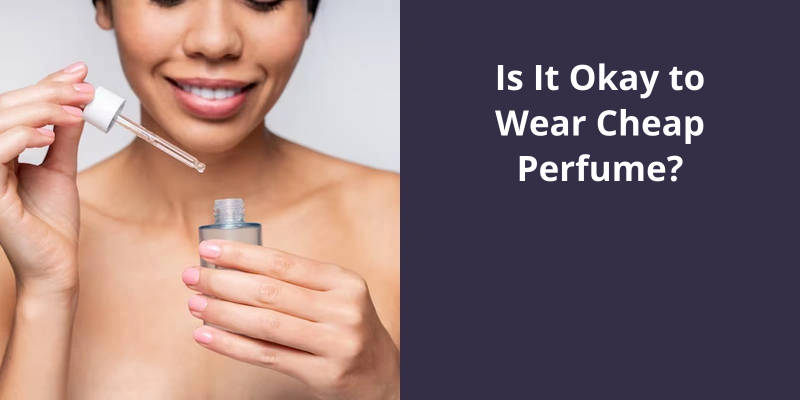Yes, you can safely add essential oils to 70% isopropyl alcohol. Adding a few drops of essential oils to isopropyl alcohol can create a pleasant scent, enhancing its basic use. The isopropyl alcohol acts as a carrier, helping the scent of the essential oils to permeate in a room when used as a spray. It also aids in preservation when used in DIY hand sanitizers. Remember to always blend carefully, as excessive use of essential oils may cause irritation. It’s also important to note that adding essential oils doesn’t enhance or diminish the disinfecting properties of isopropyl alcohol.

Can I Add Fragrance Oil to Isopropyl Alcohol?
Adding fragrance oil to isopropyl alcohol is a common practice that can be used for a variety of purposes. For example, you might use this method to make your own alcohol-based perfume, hand sanitizer, or scented room spray. However, it’s important to remember that fragrance oils are highly concentrated and should be used in moderation. Adding large amounts can irritate the skin or cause other adverse effects.
You can also use 10 to 15 drops of essential oil if you prefer. The exact amount of fragrance you add will depend on your personal preferences and the strength of the fragrance oil. It’s a good idea to start with a small amount and gradually add more as needed until you achieve the desired level of scent.
This means that as soon as you apply the alcohol-based product to your skin or a surface, the fragrance will begin to diffuse into the air. This is ideal for creating a quick burst of scent or for disinfecting surfaces. However, it also means that the scent won’t last as long as other carrier oils such as coconut or jojoba oil.
You can do this by shaking or stirring the mixture thoroughly before use. Be sure to store the mixture in a dark, cool place to extend it’s shelf life and protect the fragrance oil from oxidation.
Just be sure to use a light hand when measuring out the oil and test the scent strength before using the product on a large scale. With a bit of experimentation, you can create unique and pleasing scents that are tailored to your preferences.
Comparison of Using Fragrance Oils Versus Essential Oils in DIY Projects
- Fragrance oils are synthetic and artificial oils that mimic the scent of natural ingredients.
- Essential oils are derived from plants and offer therapeutic benefits.
- Fragrance oils are usually cheaper than essential oils.
- Essential oils are typically more potent and require less product to achieve the desired scent.
- Essential oils can be used for aromatherapy, while fragrance oils can’t offer the same therapeutic benefits.
- Fragrance oils come in a wider variety of scents, but essential oils offer more complex and authentic scents.
- Using essential oils in DIY projects may require more knowledge and experience due to their potency.
- Fragrance oils may be more appropriate for purely cosmetic or decorative DIY projects.
It’s important to note that ethanol isn’t the only solvent that can be used to dissolve essential oils. Isopropyl alcohol is also a viable option, with a minimum alcohol content of 95% required for ideal results. This raises the question: are essential oils soluble in isopropyl alcohol? Let’s explore this further.
Are Essential Oils Soluble in Isopropyl Alcohol?
Essential oils are widely used in the cosmetic and personal care industry for their aromatic and therapeutic properties. They’re derived from plants and contain volatile compounds that give them their characteristic aroma and therapeutic benefits. However, one of the challenges in using essential oils is their solubility in water. Essential oils don’t mix with water, which makes it difficult to use them in aqueous formulations. To overcome this problem, ethanol or isopropyl alcohol is used as a solubilizer to dissolve essential oils in water without separation.
Ethanol and isopropyl alcohol are both commonly used in the cosmetic and personal care industry as solvents and preservatives. They’ve a high capacity for dissolving oils and other organic compounds, making them ideal solvents for essential oils. However, it’s important to use high-concentration alcohols (at least 95%) to ensure the essential oil is fully dissolved.
Isopropyl alcohol, also known as rubbing alcohol, is commonly used as a disinfectant and antiseptic. It’s a similar solvency to ethanol and is often used as a substitute. However, it’s important to note that isopropyl alcohol can be harsh on the skin and shouldn’t be used in high concentrations. It’s also flammable, so precautions should be taken when handling it.
Solubility of essential oils in alcohol also depends on factors such as temperature, pH, and concentration.
While both alcohols can be used as solvents, it’s important to use high-concentration alcohols and take safety precautions when handling them.
However, it’s important to note that mixing essential oils with vodka should be done with caution and proper research, as some oils may be unsafe for ingestion and can cause adverse reactions if used improperly.
Can You Mix Essential Oils With Vodka?
One important thing to remember when mixing essential oils with vodka is to choose high-quality ingredients. Look for pure, therapeutic grade essential oils that are free of any synthetics or additives, and use a high-proof vodka with a neutral flavor. This will ensure that the final product is both safe and effective.
To create your own personal scent, start by selecting three or four essential oils that you like. Think about the scents that you naturally gravitate towards, such as citrus or floral, and choose oils that complement each other. Some popular combinations include lavender and peppermint for relaxation, or grapefruit and bergamot for an uplifting aroma.
Once you’ve your oils selected, add about ten to fifteen drops of each to a small glass bottle or jar. Fill the remainder of the bottle with vodka, leaving a little bit of space at the top. Shake the bottle gently to mix the ingredients, and then let it sit for at least 24 hours to allow the scents to blend.
After 24 hours, you can test your scent to see how you like it. Apply a small amount to your skin or hair and see how the aroma develops over time. If it’s not quite what you were hoping for, you can make adjustments by adding more or less of one of the oils, or by letting the mixture sit for a few more days to allow the scents to meld together.
When using the mixture as a perfume or body spray, be sure to shake the bottle well before each use to ensure that the oils are evenly distributed throughout the mixture. You can also try using the scent as a room spray or diffuser by adding a few drops to a bowl of water or a diffuser.
With a little bit of experimentation and creativity, you can create a fragrance thats truly unique to you.
Alternatives to Vodka as a Base for Essential Oil Blends
This article discusses different base options other than vodka for creating essential oil blends.
It’s important to note that there are potential risks when mixing essential oils and alcohol. However, with careful consideration and testing, you can create safe and effective products for use in your home or personal care routine. So, let’s explore what happens when you mix essential oils and alcohol.
What Happens if You Mix Essential Oils and Alcohol?
Mixing essential oils and alcohol is a popular practice for creating home remedies, perfumes, and cleaning solutions. However, it’s important to understand that the two ingredients have different properties that might affect the resulting product. For example, essential oils are highly concentrated plant extracts that contain natural fragrance and therapeutic properties. While alcohol is a solvent that can dissolve oils and create a liquid base for various applications.
Some oils are more suitable for topical applications, such as treating skin conditions, while others are better suited for aromatic or disinfecting uses. Depending on your needs, you may want to adjust the ratio of oils and alcohol accordingly or add other ingredients such as distilled water or glycerin to create the desired consistency or texture.
With the right guidance and attention to detail, you can enjoy the benefits of essential oils and alcohol without compromising your health or the quality of your creations.
How to Create a Homemade Perfume With Essential Oils and Alcohol
- Gather all the essential oils you want to use in the perfume.
- Choose a carrier alcohol for the perfume.
- Measure out the alcohol and essential oils in a small glass container.
- Stir the mixture well and let it sit for a few days in a cool and dark place.
- After a few days, strain the mixture through a coffee filter to remove any sediment.
- Pour the finished perfume into a clean spray bottle or rollerball.
- Store the perfume in a cool and dark place.
When it comes to using essential oils, figuring out the best way to extract their benefits can be a bit tricky. One common question that arises is whether essential oils dissolve in alcohol. Well, the answer depends on the type of oil you’re using. Certain oils dissolve quickly and completely, while others may take a bit longer or never fully dissolve at all. In this article, we’ll explore everything you need to know about combining essential oils with alcohol and what to keep in mind when doing so.
Do Essential Oils Dissolve in Alcohol?
The solubility of essential oils in alcohol varies depending on the chemical properties of the ingredients. Generally speaking, essential oils aren’t water-soluble, as they’re essentially hydrophobic liquids that contain various volatile organic compounds. This means that they don’t dissolve in water-based solutions, but instead, they tend to float or separate from the aqueous phase.
On the other hand, alcohol is a polar solvent, which means that it’s a partial positive and negative charge at each end of it’s molecule. This makes it ideal for dissolving certain types of molecules that have polar or ionic properties, such as certain salts and organic compounds. Some essential oils, like citrus oils that have low molecular weight and high volatility, can dissolve easily in alcohol, as their molecules are attracted to the polar hydroxyl group (-OH) of alcohol.
Some oils have heavier molecules, such as resins and oleoresins, which don’t have the same affinity for the polar properties of alcohol. These oils are more difficult to dissolve and may take longer to disperse in an alcohol-based solution. In fact, some of these heavier oils may never fully dissolve, leaving behind a cloudy or gunky residue.
A higher percentage of ethanol, for example, may make it easier to dissolve certain types of oils, while a lower concentration may make it more difficult or even impossible. This is why it’s essential to use the appropriate type and concentration of alcohol when making essential oil mixes or tinctures.
As with any type of chemical mixing or formulation, it’s important to follow best practices and safety guidelines to avoid any potential hazards or adverse reactions.
What Are the Benefits of Combining Essential Oils With Alcohol?
Essential oils and alcohol can be combined to create various benefits for health and wellness. By mixing essential oils with alcohol, the oils are more easily absorbed into the skin, providing quick relief for sore muscles, headaches, and anxiety. This combination also helps to enhance the aroma and flavor of cocktails, making them more enjoyable to drink. When used in aromatherapy, the mixture of essential oils and alcohol can promote relaxation and improve mood. However, it’s important to use these mixtures in moderation and with expert guidance to avoid negative side effects.
Source: Effective Use of Alcohol for Aromatic Blending
Conclusion
In conclusion, adding essential oils to 70 isopropyl alcohol can be a great way to enhance it’s antibacterial properties. The addition of essential oils like lavender or tea tree, both known for their antiviral and antibacterial properties, can help to create a more effective disinfectant solution. However, it's important to remember that essential oils can be potent and should be used with care. Always follow recommended guidelines for essential oil usage and dilution ratios to ensure that your solution is safe and effective.





